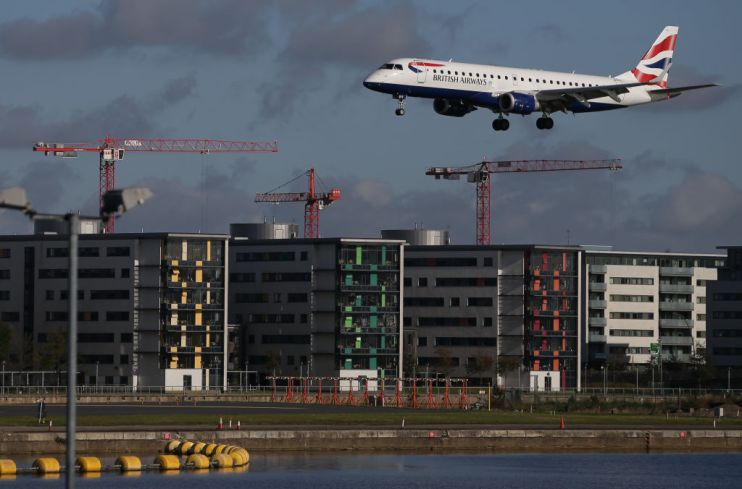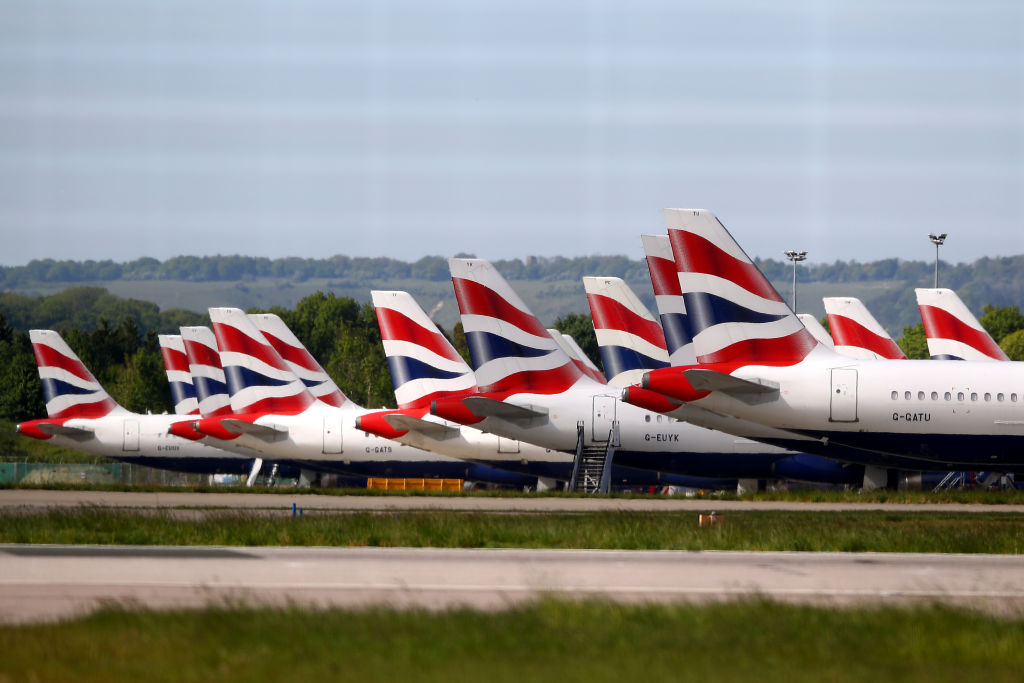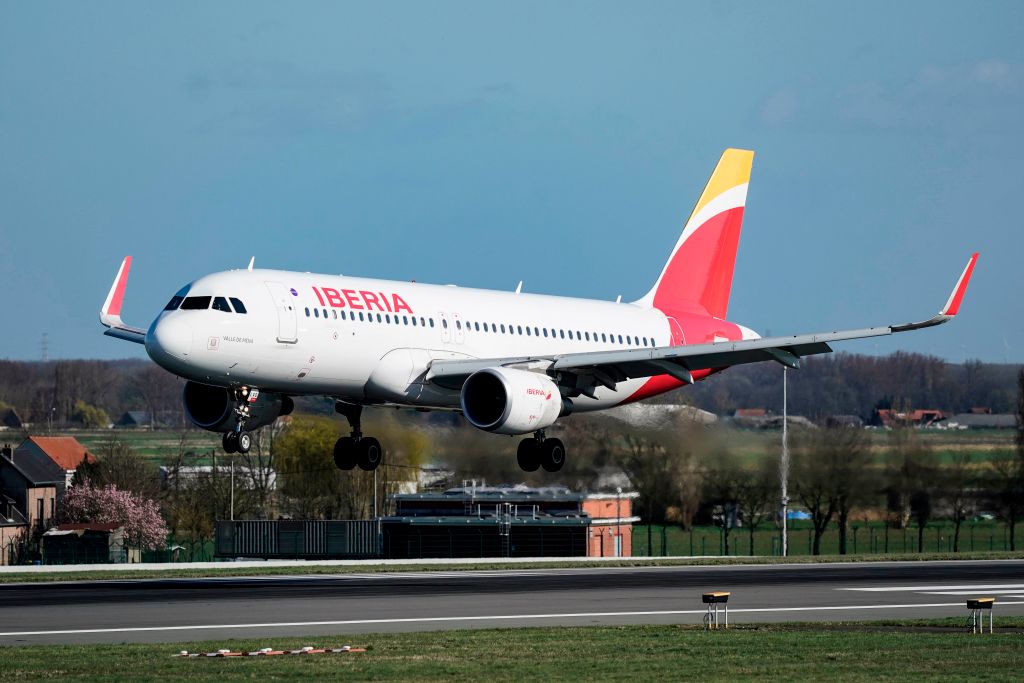British Airways: Five things you need to know as IAG reports £1.5bn loss

British Airways owner IAG this morning reported a total first quarter loss of €1.8bn (£1.5bn), saying that it was currently operating 94 per cent down on its total passenger capacity.
More worryingly, it said that it expected the second quarter’s results to be far worse, and warned that passenger demand would not return to pre-coronavirus levels until 2023.
Here are five talking points from this morning’s results.
1: More job cuts are ‘essential’
Last week IAG announced that it was consulting on up to 12,000 job cuts at UK flag carrier BA, including a quarter of its pilots.
The decision prompted a horrified reaction from pilots’ union Balpa, which has written to chancellor Rishi Sunak to ask for a moratorium on aviation job cuts.
However, IAG this morning said that due to the unprecedented slump in demand, “further group-wide restructuring measures were essential”.
Speaking to reporters, Walsh would not be drawn on the nature of the cuts, but confirmed that its other subsidiaries would be affected as well as BA:
“Some people have interpreted the announcements that we made in relation to British Airways, as indicating that we’re only looking at restructuring in British Airways”, he said. “That is not the case”.
The group is also set to cut 900 jobs at Irish carrier Aer Lingus, roughly 20 per cent of its workforce.
2. Gatwick presence up in the air

BA’s main operations base in the UK is at Heathrow airport, and the consultation on cutting 12,000 jobs could threaten its presence at fellow London airport Gatwick.
BA’s operations at Gatwick are roughly a fifth of the size of those at Heathrow, and in a memo seen by the BBC the airline said it was unclear whether operations would recommence from the airport after the crisis:
“As you know, we suspended our Gatwick flying schedule at the start of April and there is no certainty as to when or if these services can or will return”, the memo said.
Walsh this morning said that although his personal preference would be to retain a base at Gatwick, it would depend on the jobs cuts:
“I would like to see us continuing to have a presence at Gatwick but that’s just a personal opinion, it’s not going to influence the consultation that will take place”.
On Tuesday fellow flier Virgin Atlantic said that it would quit its Gatwick base due to the crisis.
3. Air Europa purchase ‘ongoing’ despite pandemic
In November, the group announced that it would purchase Spain’s third-largest carrier Air Europa for €1bn.
IAG already owns Iberia and Vueling, the country’s two largest carriers.
However, due to the effects of the pandemic, there has been some doubt as to whether the group would go ahead with the acquisition process.
According to Walsh, however, the purchase is very much still alive. He told reporters:
“We still have to go through the full competition regulatory approval process. And that is ongoing. So at this point, the process continues”.
4. Airlines in ‘different situation’ over state aid

IAG sprang a slight surprise in the morning’s results announcements by revealing it had drawn down £300m from the Bank of England’s Covid Corporate Financing Facility (CCFF), which it had not previously announced.
It has also taken similar steps in Spain, whether Vueling and Iberia will receive over €1bn in state-backed loans from the government’s Instituto de Credito Oficial.
Walsh, who is a well-known opponent of state aid for airlines, said that the pandemic was a “different situation”:
“Excellent airlines through no fault of their own are suffering this crisis – it’s everyone.
“I have no hesitation in saying and I’ve said it publicly, where general facilities are being made we will avail ourselves of those facilities.
“Most of the companies who will receive support from the CCFF are good companies that are suffering through no fault of their own”.
He added: “Where airlines are unwilling or unable to reform, they should not be bailed out by receiving free money from the government”.
Earlier this year Walsh complained to the EU over plans to rescue collapse regional carrier Flybe, calling it a “blatant misuse of public funds”.
5. Worse still to come
Although the airline said that it hoped to restart “meaningful service” from July, it also warned that far worse was yet to come in terms of the reported impact of the crisis.
In the first quarter, total passenger capacity dropped only 10.5 per cent, with normal trading levels throughout January and February.
However, for the second quarter, IAG forecast that passenger levels would drop 90 per cent, which would ease back to 55 per cent in the third quarter.
In turn, this will improve to 30 per cent in the fourth quarter, giving an overall capacity reduction for the year of 50 per cent.
Although jaw-dropping in their own right, IAG’s estimates pale in comparison with those of rival Air France, which is predicting capacity falls of 95 and 80 per cent through the next two quarters.
However, Walsh warned that not to read too much into estimates: “The reality won’t be what we or anyone else have said. But it’s what we’re planning for”.